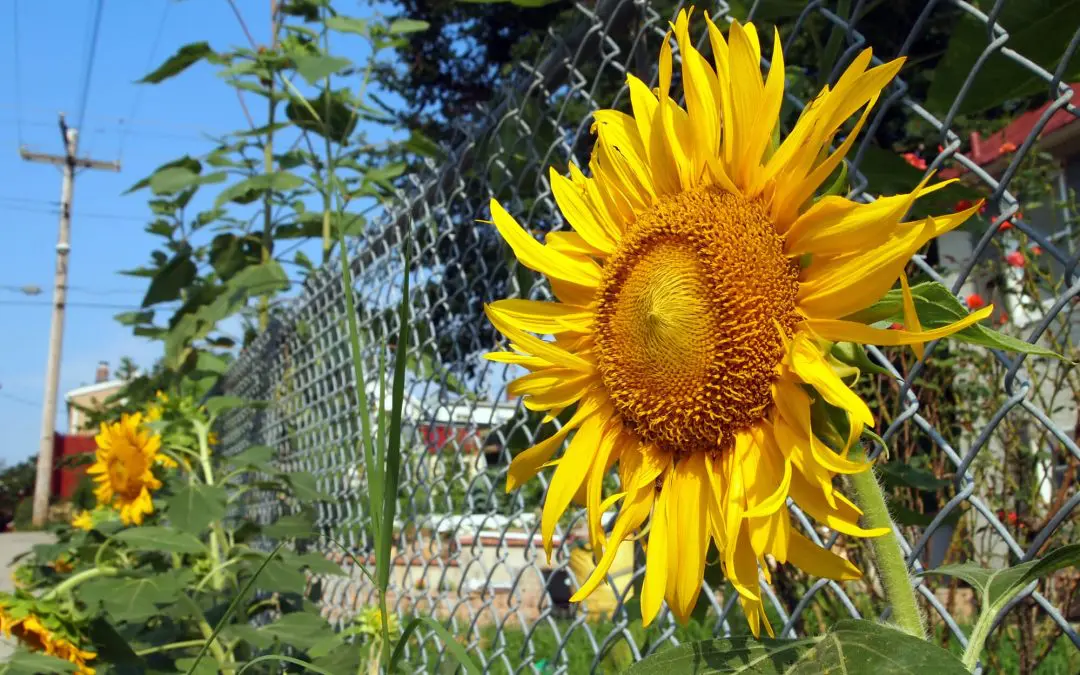Are you thinking about putting up a new fence? Whether you’re looking for privacy, security, or just a nice touch to your yard, getting it right takes a little planning. Picking the right materials and checking local rules will save you a lot of headaches later. Let’s walk through what you need to know when planning for a new fence.
What’s the Purpose of Your Fence?
Before choosing a fence, think about why you want one. Do you need to keep pets or kids safe? Want more privacy from the neighbors? Hoping to boost your home’s curb appeal? The reason behind your fence will help you decide on things like height, materials, and design.
Solid wood or vinyl fences work well for privacy. If security is your main concern, go for a sturdy, tall fence with a locked gate. If it’s all about looks, a simple picket or decorative metal fence might be perfect. Knowing what you need from your fence makes it easier to pick the right one.
Check the Rules Before Planning for a New Fence
Before you start building, check with your local city office or homeowner’s association (HOA) to see if there are any rules about fences in your area. Some places have limits on height, style, and even color. You might also need a permit.
Ignoring the rules could lead to fines or even having to take the fence down, so it’s better to check first.
Picking the Right Material
There are many fence materials out there, and each one has its pros and cons. Wood is a classic choice with a natural look, but it needs regular upkeep to prevent rot. Vinyl is low maintenance and lasts a long time, but it costs more upfront. Metal fences, like aluminum or wrought iron, are strong and stylish but don’t offer much privacy. Chain link is affordable and practical, but it’s not the prettiest option.
Before deciding, consider your budget, how much maintenance you’re willing to do, and what works best for your climate.
Make Sure You’re on Your Own Property
One big mistake people make is building a fence on their neighbor’s land by accident. Before you start digging, confirm where your property lines are. If you’re not sure, check your property survey or contact your local assessor’s office.
Also, call your utility company before you dig to make sure there are no buried power, water, or gas lines in your way. Hitting a utility line can be dangerous and expensive to fix.
Plan for Gates While Planning for a New Fence
Think about where you’ll need gates and how big they should be. A regular gate for walking through is usually three to four feet wide. If you need space for a lawnmower or car, make sure the gate is big enough. Also, consider how your gates will latch. If security is a concern, get a locking gate.
DIY or Hire a Pro?
Building a fence can be a fun project if you like working with your hands. If it’s a simple design, you might be able to do it yourself with the right tools. But if your yard has hills, tricky property lines, or HOA restrictions, hiring a pro is worth it.
If you go the DIY route, make sure you have the right equipment, including a post-hole digger, level, and concrete for setting posts. Taking shortcuts could lead to a fence that leans or falls apart over time.
Finishing Up
Once your fence is up, a little maintenance will keep it looking great. Wood fences may need staining or sealing every few years, metal fences should be checked for rust, and even vinyl fences benefit from an occasional wash to remove dirt and mildew.
A well-planned fence offers more than curb appeal—it increases security and property value. Taking the time to do it right always results in a better outcome.
Building a new fence is an exciting upgrade, and a little planning makes all the difference. Think through your needs, check the rules, and pick the right materials so you end up with a fence that looks great and lasts a long time.
Frequently Asked Questions on Planning for a New Fence
How much does a new fence cost?
It depends on the material and size. A basic wood fence might start at $15 per foot, while high-end materials like wrought iron or composite can cost a lot more.
How long does it take to install a fence?
A small fence can be completed in a couple of days, while larger or more complex projects might take a week or more.
Do I need a permit to build a fence?
In many areas, yes. Check with your local building department to find out what’s required in your location.
How tall can my fence be?
Most places limit backyard fences to six feet and front yard fences to four feet, but rules vary by city and HOA.
Can I install a fence on my property line?
Usually, but you should double-check your property boundaries and talk to your neighbors first. Some areas require you to set the fence back a little from the line.
What’s the best fence for privacy?
A solid wood, vinyl, or composite fence with no gaps between boards is the best option for privacy.
Carolina HomePro Inspections offers home inspections in Charlotte, NC, and the Rock Hill area of South Carolina. Contact us to schedule our services.

